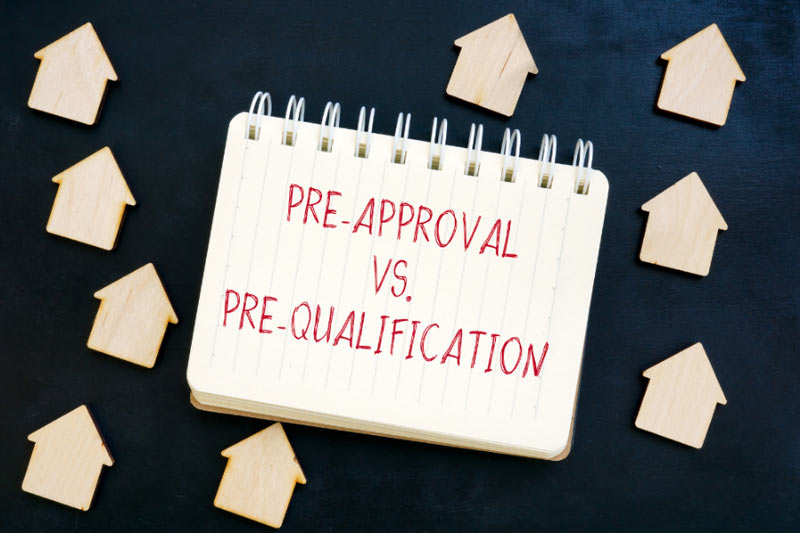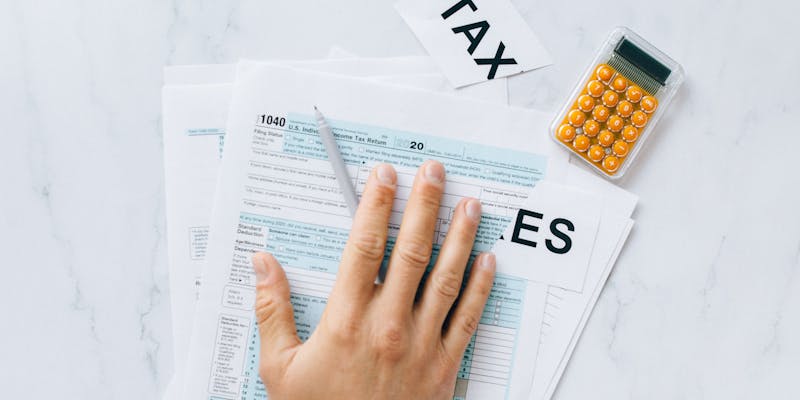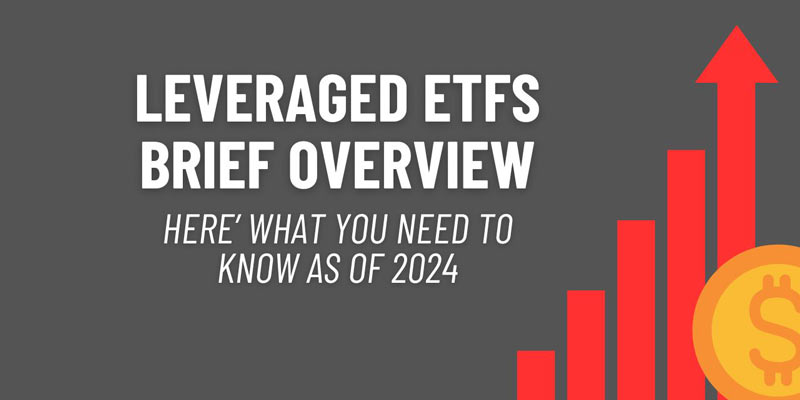Are you a home buyer searching for your perfect property but don’t know where to start? If so, it is important to understand the difference between mortgage preapprovals and prequalifications. It can be confusing and difficult to navigate the world of mortgages, especially if you are unfamiliar with them.
It is essential to consider factors such as budget restrictions or personal goals to determine which type of mortgage works best for you – leaving no room for making assumptions. In this blog post, we will look at both options in detail and explain what each entails so that you know which one is right for your situation. Read on!
What Is The Difference Between Preapproval and Prequalification For a Mortgage Loan

Mortgage preapproval and prequalification are two very different processes. Mortgage preapproval involves applying to a lender to review your credit score, financial statements, and other documents. Once the lender has completed their review, they will provide you with a letter of preapproval that notes that you have met their requirements and could qualify for a loan.
On the other hand, mortgage prequalification is much less involved than preapproval. Rather than providing documentation or verifying your income or assets, this process ensures that you meet the minimum requirements for loan qualification based on information provided by you, such as employment history or estimated income streams. Prequalification does not guarantee approval, and lenders may need to investigate further.
It is important to note that prequalification does not involve a credit check, whereas preapproval does. As such, if you are considering applying for a loan, it may be beneficial to opt for a preapproval rather than being prequalified, as this can provide lenders with more confidence in your ability to repay the loan – increasing your chances of loan approval.
How To Determine Which One Is Right For You
Determining the best mortgage option for you isn’t always easy, depending on your situation. Preapprovals and prequalifications are good options but can be used in different situations.
Mortgage preapproval is a more comprehensive qualification process than prequalification. It requires providing lenders with detailed information about income, debts, assets, and credit scores.
After examining all of this information, the lender will estimate the loan amount they would lend to you – given that you qualify based on their criteria. This estimate is valid for up to 90 days and represents how much money you can borrow from them.
On the other hand, obtaining a mortgage prequalification can only be done by providing such extensive details to the lender. It only requires basic information such as employment status, income, and credit score. This preliminary assessment helps you understand where you stand regarding loan qualification.
However, it does not guarantee that the lender will lend you a certain amount of money - so it is best to use this option if you are still in the early stages of considering buying a home.
Understanding both mortgage preapprovals and prequalifications can help you make an informed decision when selecting your ideal mortgage solution.
What Documents Will Lenders Require To Approve Your Loan
Lenders will require applicants to submit certain documents when approved for a loan. These documents are necessary to provide the lender with an accurate financial picture of the potential borrower and their ability to repay the loan.
The most common documents that lenders ask for include the following:
Proof of employment
This proof could be a current pay stub or a letter from your employer confirming your salary.
Tax returns
Lenders use your income tax return to verify your income and check how much you owe in taxes. Lenders may also reference the previous year’s tax returns if you have been employed for less than two years at your current job.
Bank statements
Bank statements show what deposits have been made into your account over the last two to three months.
Proof of assets
This PROOF could include investment accounts, 401Ks, or other forms of liquid investments.
Credit report
A credit report shows lenders if you have a history of making payments on time and how much debt you currently owe.
By providing these documents to a lender, they can better assess your ability to repay the loan and make an informed decision regarding your mortgage prequalification or preapproval. It is important to note that each lender may require different documentation, so check with them for specific requirements before submitting your paperwork.
Benefits Of Getting Prequalified Or Preapproved Before Shopping For a Home

Establishes a Budget
Getting prequalified or preapproved for a mortgage helps you understand how much of a loan you can get approved for and how much money you can spend on purchasing your new home. This qualification is invaluable information as it allows you to create a budget and search for properties within your price range.
It also helps you plan for future expenses associated with property ownership, such as taxes and insurance.
Enables a Faster Purchase
Being prequalified or preapproved can expedite the home-buying process significantly. When you are in the market to purchase a house, sellers will take you more seriously if they know that you are already approved for financing. This benefit will make it easier to close on the property as there is less uncertainty over whether you can obtain a loan.
Helps You Avoid Overspending
Getting caught up in the excitement of finding your dream home and paying more than you can afford is easy. Getting prequalified or preapproved helps avoid this situation by giving clear guidelines on what you can realistically spend. This avoidance ensures that you spend your money wisely and avoid getting stuck with a loan that is too large for your means.
Shows Your Commitment
When you are preapproved for a mortgage, it demonstrates to sellers that you are serious about buying their property. It also shows that you have the financial capability to secure financing quickly and easily without any issues. Getting preapproved sends a strong message of commitment which helps to give the seller confidence in the transaction.
All-Inclusive Approval
Getting pre-approved is an important step in the home-buying process as it allows for a more inclusive form of approval. The lender will analyze your financial history and creditworthiness and review other information like employment and income to determine what type of loan you qualify for. This approval allows you to explore all available options before deciding which type of mortgage is right for you.
FAQs
Which is better, preapproval or prequalification?
It depends on your circumstances and goals. Prequalification is a good starting point for information gathering, as it helps you understand what type of mortgage product and amount might be available. However, preapproval provides more concrete answers - you will have an exact loan amount and interest rate that you can use when making an offer on a home.
Is a prequalification letter the same as a preapproval?
No. Prequalification is a basic overview of the loan terms, while a preapproval is more specific and detailed.
What if the house I want is more than my preapproval?
In this case, you must get a new preapproval at a higher loan amount. The lender may require additional documentation to increase the preapproval amount.
Conclusion
Mortgage Preapprovals and Prequalifications are both important steps in the home-buying process - but which is right for you? To determine the best option, it helps to learn about the difference between preapproval and prequalification, what documents lenders will require for approval, and how each can benefit your situation. Once you’ve gathered that information, make sure to take the time to shop around and find a loan that fits your needs.




